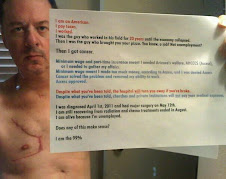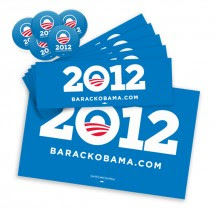Sex and the Single Man
Interview by DEBORAH SOLOMON
Published: July 5, 2010
In 1953, you founded Playboy magazine in Chicago and invented the notion of the sexually triumphant American male. Yet “Hugh Hefner: Playboy, Activist and Rebel,” a documentary by Brigitte Berman opening in New York on July 30, depicts you less as a purveyor of soft-core porn than as a noble champion of First Amendment rights. Is that actually how you see yourself?
I think the major thing I managed to accomplish was playing some part in changing our social and sexual values, and I take a lot of pride in that. When I was in college, middle-class kids couldn’t live together before they got married.
Pej Behdarvand for The New York Times
Related
Times Topic: Hugh Hefner
More Questions For ColumnsIn the film, which features you in your silk pajamas, surrounded by adoring blondes at the Playboy Mansion in Los Angeles, you’re still promoting the joys of bachelorhood. But many of your early readers have since settled into family life, which probably offers the greater chance for happiness.
I think there is no single answer, no single road to Mecca. I have been married twice, and those were not the happiest times of my life. Part of the problem, quite frankly, is that when you get married, the romance disappears and the children arrive and the love is transferred. It shouldn’t be that way, but too often it is transferred to the children.
There is more to life than being adored. There are other rewards to marriage.
Unfortunately, they come from other women.
Do you think you contributed to the culture of arrested men, of which I would say David Letterman is the team captain?
I was going to do some kind of play on words in terms of “arrested,” but I’m not going to do it.
What do you make of the emotionally limited men depicted in Judd Apatow movies, who seem to prefer one another’s company to that of women? Is this a new development?
No. The whole 1950s notion was find the right girl, get married, move to the suburbs and then hang out with the guys while she stayed home with the babies. I felt that was sort of sad.
Playboy’s circulation, which peaked in the ’70s at 7 million, is down to about 1.5 million. Is there money to be made in magazines these days?
Certainly in Playboy’s case they make money by being in other businesses. To begin with, it was the magazine that carried the brand; now the brand carries the magazine.
What products are you referring to besides the reality television show “The Girls Next Door,” which is set at your mansion?
We have merchandise that we sell all over, like clothing. We’re one of the main men’s upscale brands on the mainland of Red China, where the magazine is not yet permitted.
In the meantime, Playboy’s ideal of feminine beauty has become passé. Contemporary models don’t go for that old voluptuous hourglass shape.
Obviously women are taller, healthier, more athletic today than they were before. That certainly is a slimming down, but I don’t think there’s been a great deal of change in terms of perception of beauty.
The look now is more androgynous, flatter.
I question that seriously. When has the notion of flat-chested come in since the 1920s?
You’re referring to flappers?
That was the last time that small breasts were popular.
What about Twiggy in the ’60s?
Obviously we went through a period where models reflected the Twiggy phenomenon, but that didn’t have much to do with what actually was attractive to the opposite sex.
Do you take a lot of Viagra?
I don’t take a lot, but I take it when it’s called for.
How often is it called for?
I make love a couple of times a week, and I take the Viagra when I’m going to be making love. I would say at 84 it helps. It’s God’s little helper.
You’re not paid by Viagra to say that, are you?
No, they get that advertising from me for free.
What are you planning for the future?
More of the same.
INTERVIEW HAS BEEN CONDENSED AND EDITED.
Sunday, July 11, 2010
Subscribe to:
Post Comments (Atom)


























No comments:
Post a Comment